14/03/2023
Regardless of industry size, all organisations are – or should be – pursuing IT transformation in one way or another to become cloud-ready. The question is how do you transform to cloud-native and how do you simplify the deployment and management of your applications? Kubernetes offers a cost-effective solution for maximum efficiency gains.

What is Kubernetes?
Kubernetes, also called K8s or Kube, is a Google-developed open-source system used to deploy, scale and manage containerised software applications anywhere. Containers are a way to package and deliver an application’s code. Containers are here to stay. They simplify the workflow of developers and speed up the process of application delivery.
In fact, Gartner predicted that as of 2022, more than 75% of global organisations would be running containerised software applications in production.
If your business wants to run containers at scale, Kubernetes is the orchestration system it needs.
The business case for Kubernetes
Kubernetes has become a vital component of application modernisation. More businesses are being transformed by digitalisation as new technologies emerge. This has increased the use of cloud software to build, deploy and manage applications on a cloud infrastructure.
Modern software applications demand high availability, scalability and resiliency. Because of this, cloud-native technologies play a huge part in software development and deployment. Kubernetes is a cloud-native technology, and with container use increasing, K8s has become the de-facto container orchestration tool used today.
With more businesses migrating workloads from physical or virtual machines (VMs) to containers, managing multiple containers in a multi-cloud or hybrid cloud environment isn’t easy. Kubernetes has made this possible by providing the methodology and visibility needed to manage every app at the same time, with the same efficiency.
A survey commissioned by the Cloud Native Computing Foundation (CNCF) in 2022, found that 96% of respondents are now either using or evaluating Kubernetes, while 79% were using Kubernetes managed services.
Priyanka Sharma, executive director of the CNCF, said: “It’s clear Kubernetes has reached a level of mainstream adoption. The challenge now is determining what other complementary technologies should be adopted to further advance the adoption of cloud-native applications based on containers and Kubernetes.”
Kubernetes cost savings and efficiencies
Two of the key factors driving increased Kubernetes use include:
1. Cost savings
Kubernetes is a mature tool that operates with all the features for running containers in public, private, hybrid and multi-cloud environments. Plus, it works onsite for networking, various storage systems, service discovery, microservices and more. Deployed correctly, Kubernetes can reduce:
- Operational and administration costs. Software applications deployed using Kubernetes are cost effective to maintain. Applications will run with low downtime and high performance, without the need for support intervention. If your organisation does not use container orchestration, your infrastructure and DevOps teams will have to fix things manually. With Kubernetes as a Service, you can reduce support and maintenance overheads.
- Deployment times. Kubernetes offers multiple deployment options to handle a broad range of development and deployment needs. Once you define the state of the application, the deployment controller gets to work. Kubernetes can make changes at a controlled rate to optimise deployments. By providing a lightweight way to transfer application data across platforms, Kubernetes allows you to cut down on the cost and size of hardware facilities, while maximising app performance and data availability.
- Cloud infrastructure costs. Kubernetes has autoscaling capabilities that allow your business to scale up or down the number of resources needed in real-time. This means it will use the exact number of resources needed at any given time, which significantly reduces your cloud infrastructure costs.
2. Efficiency
The versatility of Kubernetes means it helps to make life easier for developers in the following ways:
- Scalability. Kubernetes allows developers to simplify and extend software application modernisation capabilities, scaling containers as needed according to demand. Plus, it can rollback an application change if something goes wrong.
- Multi-cloud capabilities. To deploy an application on a virtual machine you used associate a domain name system (DNS) to it. With Kubernetes, workloads can exist in a single cloud or be spread across multiple cloud services. This allows for an easy and fast migration from onsite containerised applications to hybrid deployments across the public or private cloud infrastructure of any service provider, without losing any app functions or performance.
- Stability. Your business can run containerised applications reliably. Kubernetes balances container workloads and can ‘self-heal’ by restarting, redistributing, rescheduling or replacing a container if it fails, without disrupting availability to users.
Kubernetes in action
In the cloud-native ecosystem, Kubernetes is being used by organisations that like to deploy their software fast. For example:
- Social media giant, Pinterest, adopted Kubernetes to scale its workloads. By the end of 2020, they had orchestrated 35,000+ Pods with 2,500+ nodes in their Kubernetes clusters.
- Financial tech company, PayPal, deployed Kubernetes to over 4,000 nodes and 200,000 Pods.
- TV network, HBO, utilised Kubernetes after discovering that is was running out of available IP addresses during peak demand for hit TV series, Game of Thrones. Illya Chekrygin, Senior Staff Engineer at HBO, told a 2017 KubeCon audience: “We went from not running a single service inside of a container to hosting all of the Games of Thrones Season Seven with Kubernetes.”
The Kubernetes evolution
According to InfoWorld, 2023 could be the year in which more companies switch to multi-cloud Kubernetes.
Before Kubernetes, organisations were forced to use physical servers, virtual machines and private and public clouds – sometimes multiple clouds – as separate entities. What they truly want is for their hybrid environment to operate as one unified ecosystem – used as one, secured as one, managed as one and interacting as one.
They want consistent ways to build and manage apps, regardless of which footprint they are on.
Kubernetes is evolving in a way that enables organisations to scale like never before. Partnering with a KaaS provider offers companies many advantages, including the ability to integrate with pioneering open-source capabilities, combined with traditional and familiar cloud source providers.
It paves the way for new applications to be produced quickly and seamlessly from scratch, equipping organisations to scale according to data load, while allowing companies to migrate legacy apps into a hybrid cloud environment.
Plus, Kubernetes allows businesses to keep up to date with the latest security plugins and functionalities to give reassurances over security across the board.
In 2023, cloud-native leaders anticipate a huge shift in the use of Kubernetes in AI. 88% identify Kubernetes as the platform of choice for running AI and ML workloads by 2025.
There’s also talk that there will be a huge focus on sharpening Kubernetes usability and simplicity. This is likely to mean an increased emphasis on enhancing the developer experience and helping engineers to get up to speed with the complexities of Kubernetes.
The value of Kubernetes will be recognised by more organisations in 2023. Industry sectors with significant legacy IT stacks and investments in particular, which is most industries, will begin to see Kubernetes as a key requirement in their digital transformation strategy.
Take the journey with Getronics
Kubernetes adoption will become a “mantra” for transforming IT as a whole. The benefits an enterprise can reap are unquestionable when choosing to optimize soaring IT costs, bring about operational efficiencies, accelerate cloud-native application deployments, implement enhanced security measures on containers and, most importantly, adopt a truly hybrid approach in a multi-cloud eco-system.
At Getronics, we practice what we preach. Our very own NoCodeCloud (NCC) platform uses Kubernetes. That’s why you can trust our Kubernetes as a Service offering, which cuts across the entire Getronics cloud framework to give you all the benefits of GetDevelop, GetManage and GetTransform.
The key differentiators of our Kubernetes offering include:
- A truly hybrid approach to application modernisation
- A global dashboard view with self-serve capabilities
- CI/CD development – including cloud-native application development
- Security by design
The team of specialists at Getronics can ease you into adopting Kubernetes in any and all environments – with an adopt, expand and enable approach or provide it to you as a service. Our Kubernetes offering, reduces cloud migration complexity, lowers costs and is quick to deliver value.
Taking an ‘always available’ approach, Getronics can help your organisation maximise all available resources to elevate the containerisation experience by leveraging Kubernetes.
All that’s left for you to do is get started.





